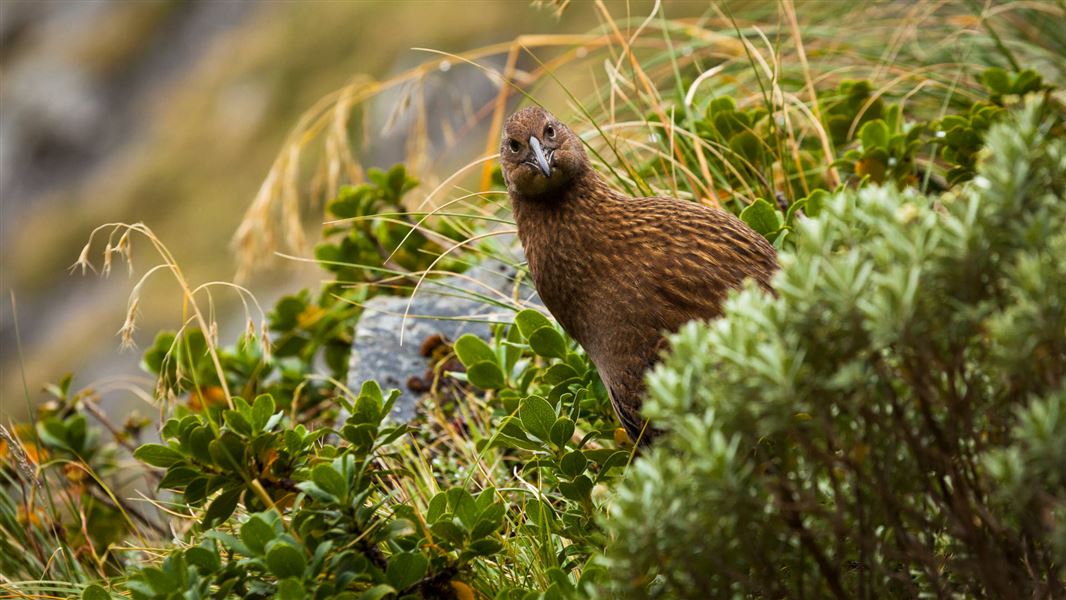If you want a picture, don’t get close – use your zoom instead. Getting too close stresses wildlife.
How you can protect wildlife
You should leave all wildlife undisturbed. Find out more about how you can help:
Here are some general tips about how to behave around wildlife:
Enjoy seals and sea lions from a distance
Keep at least 20 m, the length of two buses, away from seals and sea lions. If you are too close they may panic and stampede, hurting themselves in the process. Some may become aggressive, especially if you are blocking their escape route to the sea or near their babies.
They can move as quickly as you can and although they look cute, they have a nasty bite. Their resting time on land is important, so try not to disturb them.
Give marine mammals space in the water
If you’re lucky enough to see one of our marine mammals (eg dolphins or whales), it’s important to stay back and give them space.
Before you go check the rules for operating boats or swimming near marine mammals.
Don't share your picnic with birds
Our birds evolved without human food and aren't used to it – it can make them sick and can even be fatal. If kākā eat food such as nuts and seeds they may develop metabolic bone disease. So don't feed our wildlife – even if they ask.
Leave nesting birds alone
If you come across a roped off or signposted area, it may be a nesting ground for one of our critically endangered species, like dotterel or black gull. You need to avoid these places to protect our species. Keep your dog away as well.
Not all bird nesting spots are marked, so stay alert while walking on dunes or riverbeds and avoid any birds you see.
Take extra care if you have dogs with you
Birds get stressed when chased by dogs. One panicked seal can start a chain reaction in a breeding colony, where pups are at risk of being crushed by adult seals rushing to the sea for safety.
Wildlife emergencies
Call 0800 DOC HOT (0800 362 468) for conservation emergencies, including whale strandings and sick, injured or dead wildlife.
